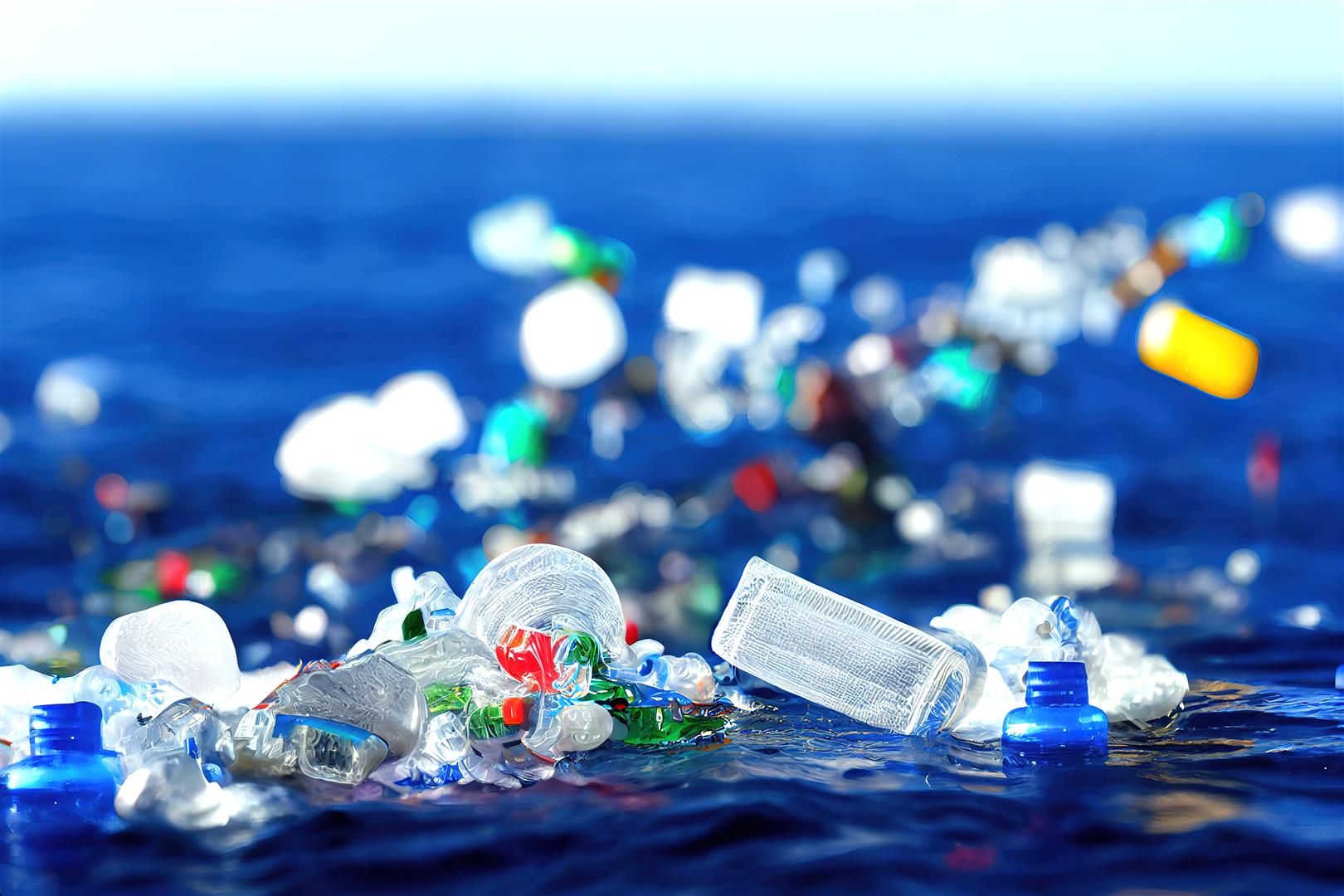
The oceans or seas, the world's most abundant source of salt water, and more than 70% of the world's oxygen comes from marine phytoplankton, not including the other benefits of the sea. However, at the same time, this area was destroyed either accidentally or intentionally, causing illegal dumping of waste and chemicals into the sea and tourism ignoring the resources, destroyed coral reefs. Therefore, littering still exists and preventive measures have been established.
Thailand has issued several laws on the prevention and control of marine pollution, and each law requires the relevant organization to have the authority to enforce the law. The objectives of each law are different as follows:
- National Park Act 2019, the Royal Forest Department has the power to maintain national parks covering water and sea sources. Anyone destroying or causing a damage to the natural resources in the national park shall be punished according to the law, both imprisonment and fine, such as collecting natural resources, imprisonment not exceeding 5 years, fine not exceeding 500,000 baht
- National Reserved Forest Act, 1964. The Royal Forest Department has the duty to maintain National Reserved Forests, which also covers public water sources and the sea. Anyone who do anything that deteriorates the condition of the National Reserved Forest shall be subject to imprisonment from 6 months to 5 years and a fine from 5,000 baht to 50,000 baht.
- The Fisheries Act, 1947. The prohibitions and penalties under this law aim to protect fisheries from any pollution that would harm fish in the fishing grounds. It prohibits anyone from pouring, dumping, draining or causing poisonous substances into the water or polluting the fishing grounds, except for experiment for the benefit of science and permission from the competent official. An offender shall bee subject to imprisonment from 6 months to 5 years and a fine from 10,000 to 100,000 baht. The competent authority organization responsible for the maintenance of fisheries is the Department of Fisheries.
The prohibitions and penalties are as follows:
- It is forbidden to throw anything into the water that will cause sludge, sediment or dirt without prior permission from the Marine Department. Any offender shall be subject to imprisonment of not more than 6 months or a fine of not more than 10,000 baht, or both, and compensation for the expenses incurred in eliminating them.
- Anyone who dumps oil or chemicals in water which may cause toxicity to living organisms or to the environment or dangerous for navigation shall be subject to imprisonment not exceeding 3 years or a fine not exceeding 60,000 baht or both and compensation for the expenses incurred in solving toxic substances or for those damages.
- It is forbidden to dispose of petroleum or oil mixed with water into the water Any offender shall be subject to imprisonment not exceeding 1 year or a fine of 2,000 - 20,000 baht, or both. Regulations of the Marine Department set forth in the Regulations of the Marine Department on the Preservation of Thai Waters, 1983, Article 31.
- The Marine Department also has the power to supervise ships used in Thai waters; for example, a propelled vessel which is an ocean liner and Thai vessel of 60 gross tonnage and above must be informed the Harbor Master before departing from the port area in Thai waters to verify whether it complies with the rules or not and sailing ships entering Thai waters must comply with the specified regulations, such as raising the ship's flag, reporting the entry into the port area to the Harbor Master. Any violating vessel shall be punished with a fine of 500 - 5,000 baht.
Source: Ministry of Natural Resources and Environment
Tel:+66 2 278 8500